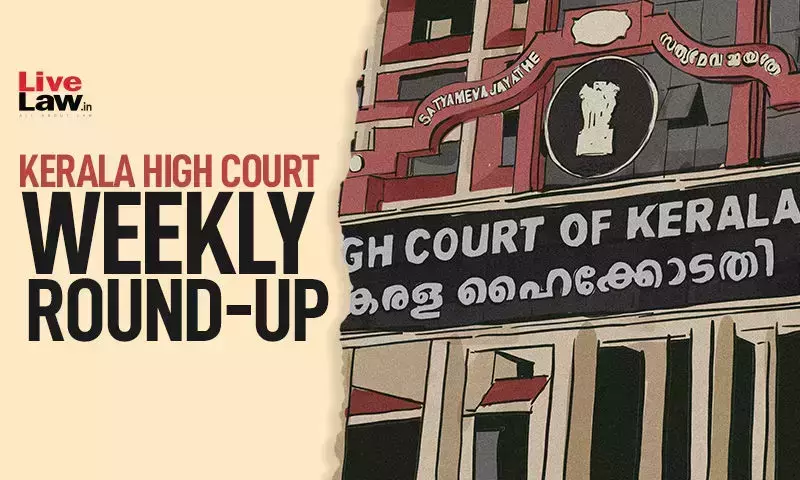Next Story
14 Aug 2023 9:12 AM IST
Nominal Index [Citations: 2023 LiveLaw (Ker) 377-397]National Insurance Co Ltd v. Jareesh & Ors 2023 LiveLaw (Ker) 377Zulu Haris v. Union of India & Ors. 2023 LiveLaw (Ker) 378Deepak K. Balakrishnan v State of Kerala 2023 LiveLaw (Ker) 379State of Kerala v. Navaneeth Krishnan and other connected matters 2023 LiveLaw (Ker) 380 Luciya Francis v State of Kerala 2023 LiveLaw (Ker)...

